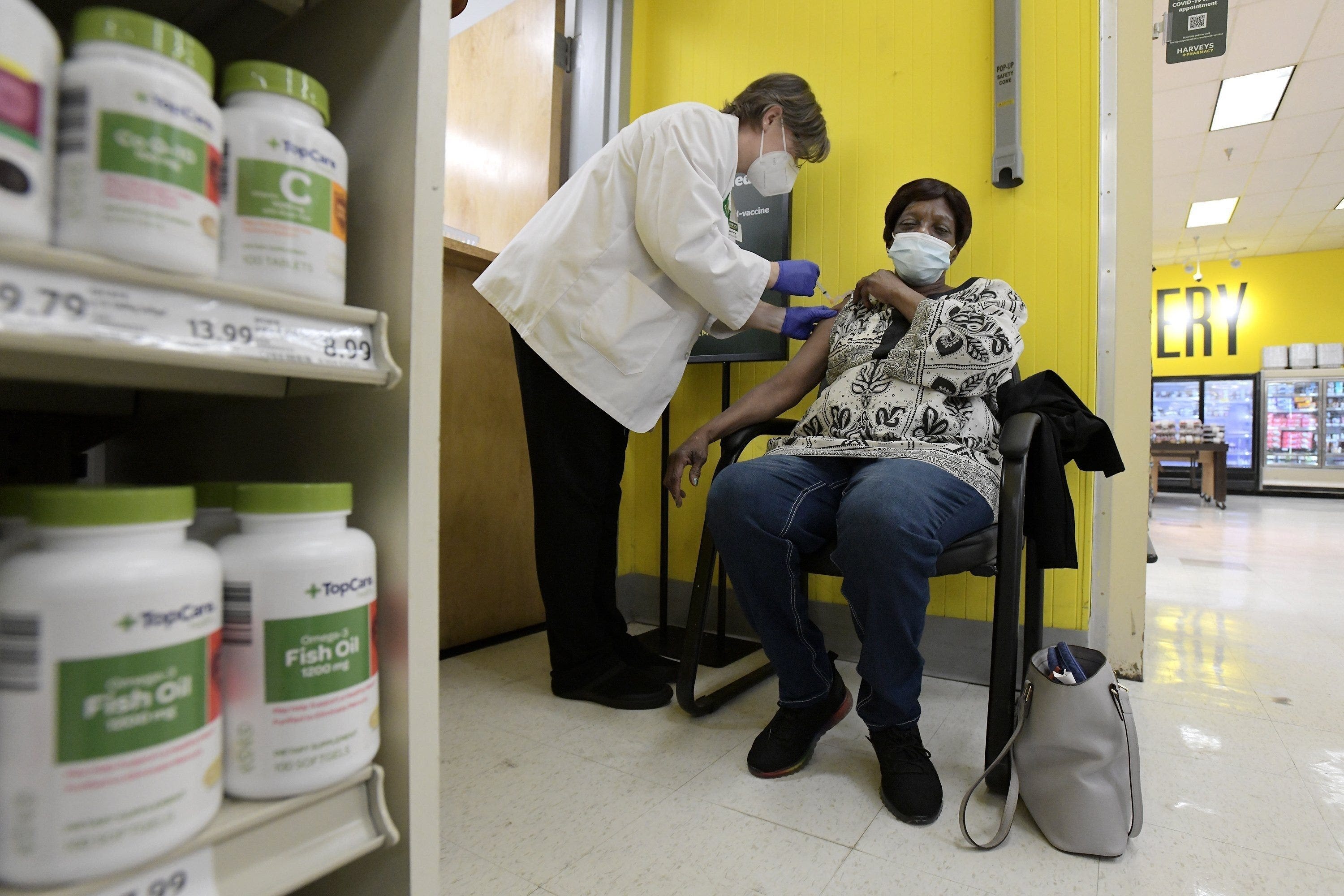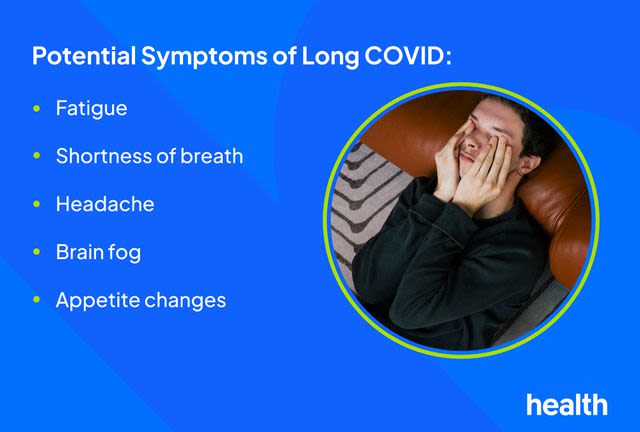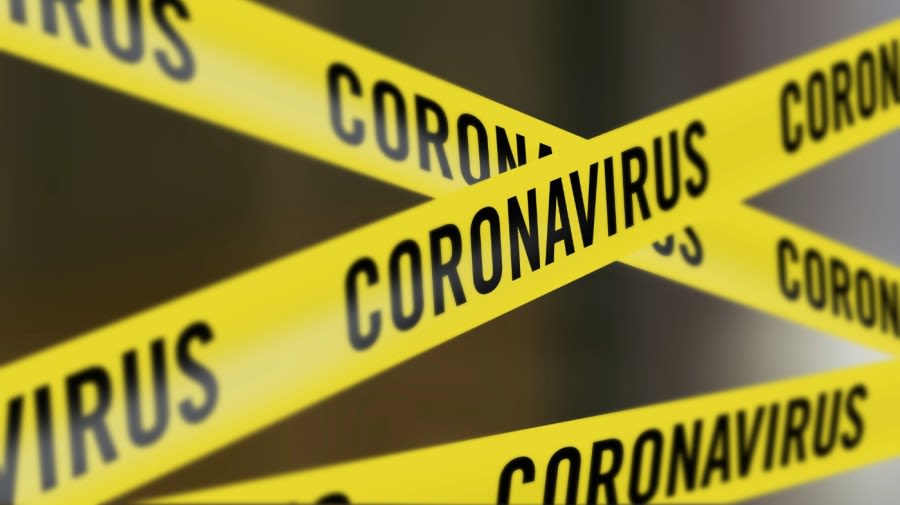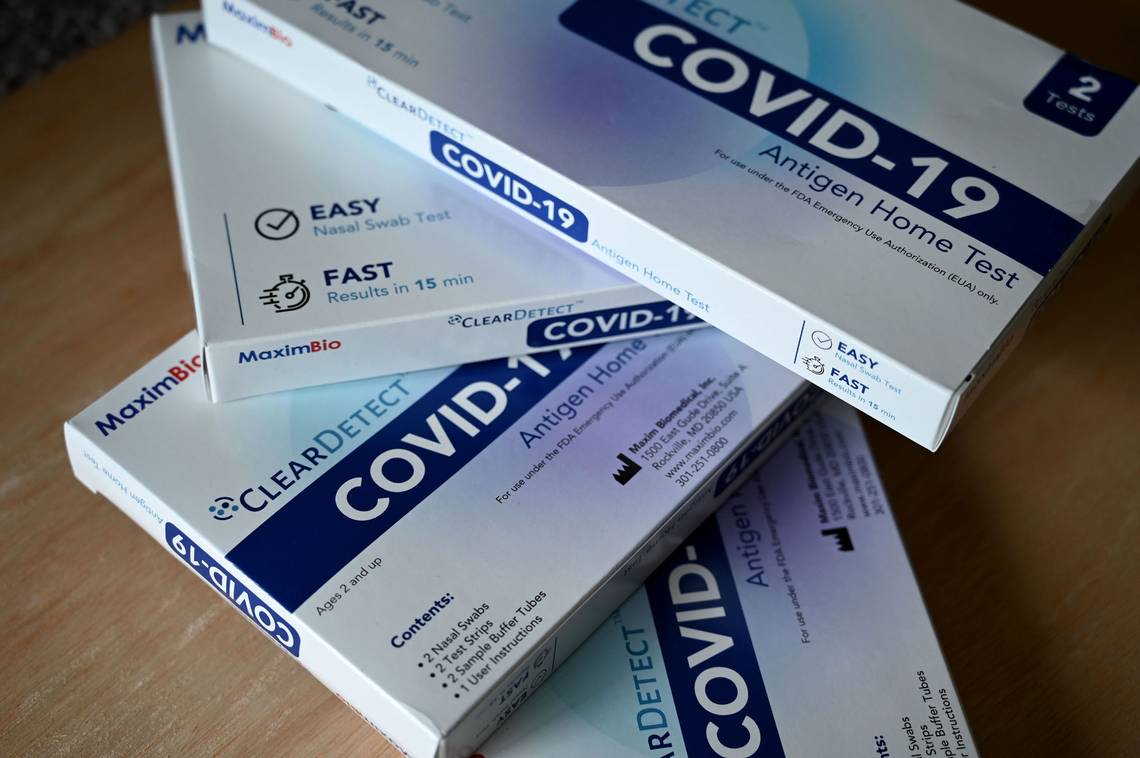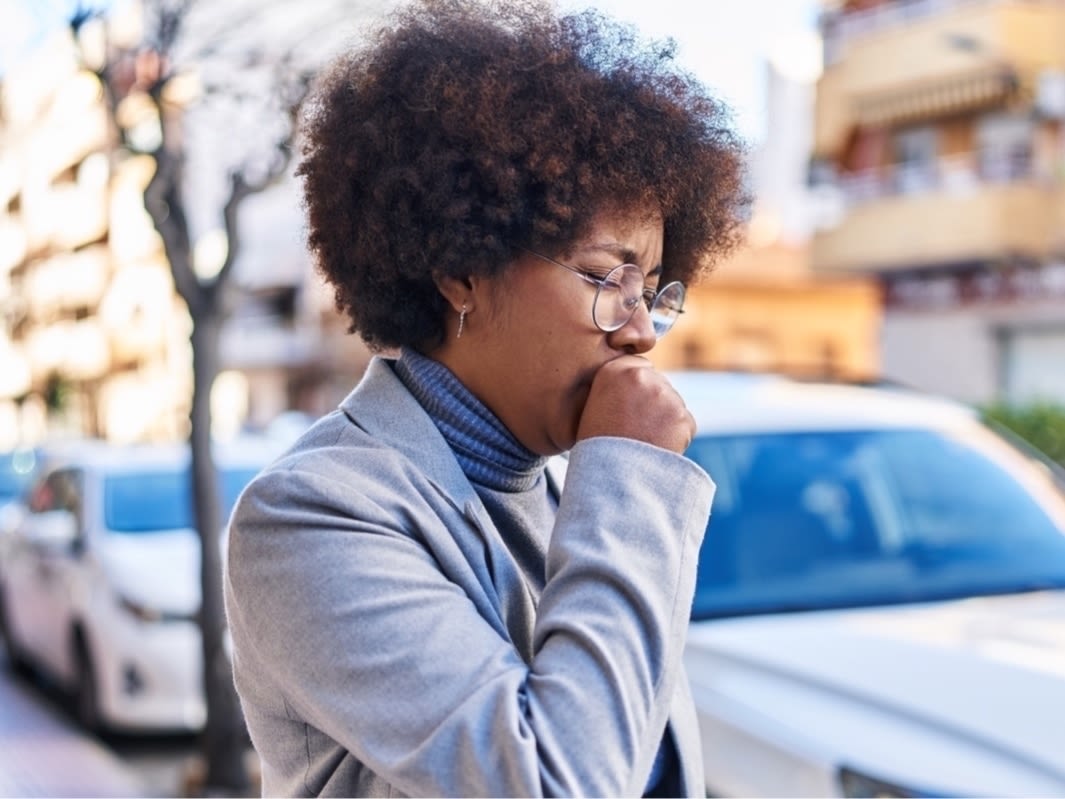Search results
News about COVID-19, symptoms, Long COVID
News about COVID, FDA, vaccine
Also in the news
Dec 11, 2023 · Experts say you’re most infectious when you have symptoms of COVID, but asymptomatic people can spread the virus, too. Your best protection against COVID is getting vaccinated. You can search online to find a vaccine location near you.
Aug 22, 2024 · COVID-19 can be contagious for more than 10 days, especially in severe cases or for those who are immunocompromised. The CDC notes that people with severe illness (such as when pneumonia or severe respiratory distress is involved) or compromised immune systems may shed the virus for longer.
Jan 7, 2024 · When Is COVID-19 the Most Contagious? Researchers estimate that people who get infected with COVID-19 can spread it to others 2-3 days before symptoms start and are most contagious 1-2...
- How Long Is Someone with Covid-19 Infectious?
- What Is Viral Shedding?
- When Do You Become Contagious After Exposure to Covid-19?
- When Do You Stop Being Contagious If You Have Covid-19?
The short answer is that you’re contagious with COVID for about 10 daysafter you have symptoms or test positive. The full answer is more complicated. The 10-day mark seems to apply to people who have mild to moderate COVIDillness. People with severe cases of COVID illness can remain infectious for several weeks or months. There’s also evidencethat ...
Viral sheddinghappens when a sick person releases copies of a virus from their body. Large numbers of viruses are shed when a sick person coughs or sneezes. But viruses can also be shed when you talk, cry, or breathe. Viral shedding is how viruses spread from person to person. People typically shed the virus that causes COVID for about 10 days, sta...
It’s possible to become contagious with COVID-19 on the same day you are exposed. Most people who get sick with COVID begin noticing symptoms about 2 to 14 daysafter exposure. But viral shedding can begin right away. That’s why it’s possible to spread the virus that causes COVID even before your symptoms start. Of course, not everyone who gets expo...
It depends. If you have a mild illness and your symptoms are getting better, you’re probably no longer contagious after 10 days. On the other hand, if you have a severe illness or a weakened immune system, you can be contagious for much longer. But if you’ve been fully vaccinated against COVID, you may be contagious for a shorter period of time. It...
Jun 25, 2024 · Signs and Symptoms. The following list does not include all possible symptoms. Symptoms may change with new COVID-19 variants and can vary depending on vaccination status. Possible symptoms include: Fever or chills. Cough. Shortness of breath or difficulty breathing. Sore throat. Congestion or runny nose. New loss of taste or smell. Fatigue.
May 28, 2024 · An estimated 1 in 5 people infected with the coronavirus never develop symptoms. But they can still get you sick. Learn more about asymptomatic COVID-19 from an infectious disease specialist.
Jul 23, 2021 · COVID-19 is most contagious in the first week after exposure to the virus. Symptoms will typically develop during this week, around 4–5 days after exposure.
